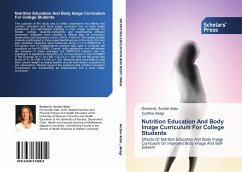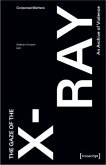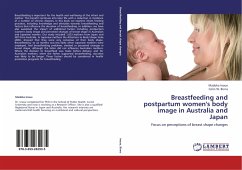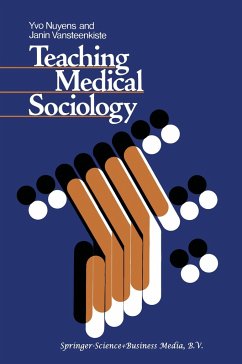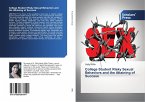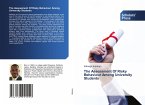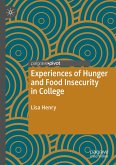The purpose of the study was to better understand the effects that nutrition education and body image curriculum has on body image satisfaction and self-esteem following a body image curriculum for female college students. Designing and implementing efficient prevention programs have become a difficult task for prevention researchers and educators (Levin, 2003). A total of 125 college female students participated in three experimental groups in the study. Pre and post semester variances were measured using a 3 X 2 MANCOVA. A Chi-square test of independence analysis was used to evaluate two questions on the KU-EEBQ. Overall, body satisfaction and self-esteem did increase in mean averages but MANCOVA analysis was not significant. A significant interaction for current weight on the KU-EEBQ in the DI group ( ² (1, N = 58) = 22.13, p .05) and the NE group was found ( ² (1, N = 89) = 9.105, p .05). Students were more likely to view their current weight as being healthy at post intervention compared to pre intervention. Results support the evidence that nutrition education components can successfully be implemented into a body image curriculum.
Bitte wählen Sie Ihr Anliegen aus.
Rechnungen
Retourenschein anfordern
Bestellstatus
Storno

